The recent CZ Trump Pardon has ignited global discussions at the intersection of politics and cryptocurrency. In his first detailed interview since receiving clemency, Binance founder Changpeng Zhao (CZ) revealed that the pardon came as a surprise and denied any prior contact or arrangement with President Donald Trump or his family. Zhao clarified that his only encounter with Eric Trump occurred at a Bitcoin event in Abu Dhabi, unrelated to Binance or the pardon.
Zhao acknowledged his 2023 guilty plea for insufficient oversight at Binance, which led to a four-month prison term. He said accepting responsibility was essential for moving forward. Now free, Zhao aims to contribute to shaping clear U.S. crypto regulations that promote transparency and sustainable industry growth.
Donald Trump, in response to questions about the decision, claimed he had never met Zhao and emphasized that the pardon was not personal. He described the CZ Trump Pardon as part of a broader strategy to strengthen America’s role in digital finance, arguing that innovation in cryptocurrency is vital for economic competitiveness against China and Japan. Trump added that while he is less involved in crypto than his sons, he recognizes its growing importance in global finance.
However, the pardon has drawn scrutiny in Congress. Representative Robert Garcia has initiated an investigation, requesting all official correspondence between the White House, Binance, and the Trump family, with a deadline of November 20, 2025. Concerns were raised after reports that Binance had promoted a stablecoin allegedly linked to Trump’s family.
While Trump publicly distanced himself from the decision, he called Zhao’s earlier prosecution a “Biden witch hunt.” Analysts suggest the CZ Trump Pardon marks a turning point—signaling that cryptocurrency has entered mainstream politics and will increasingly shape national and global economic policies.





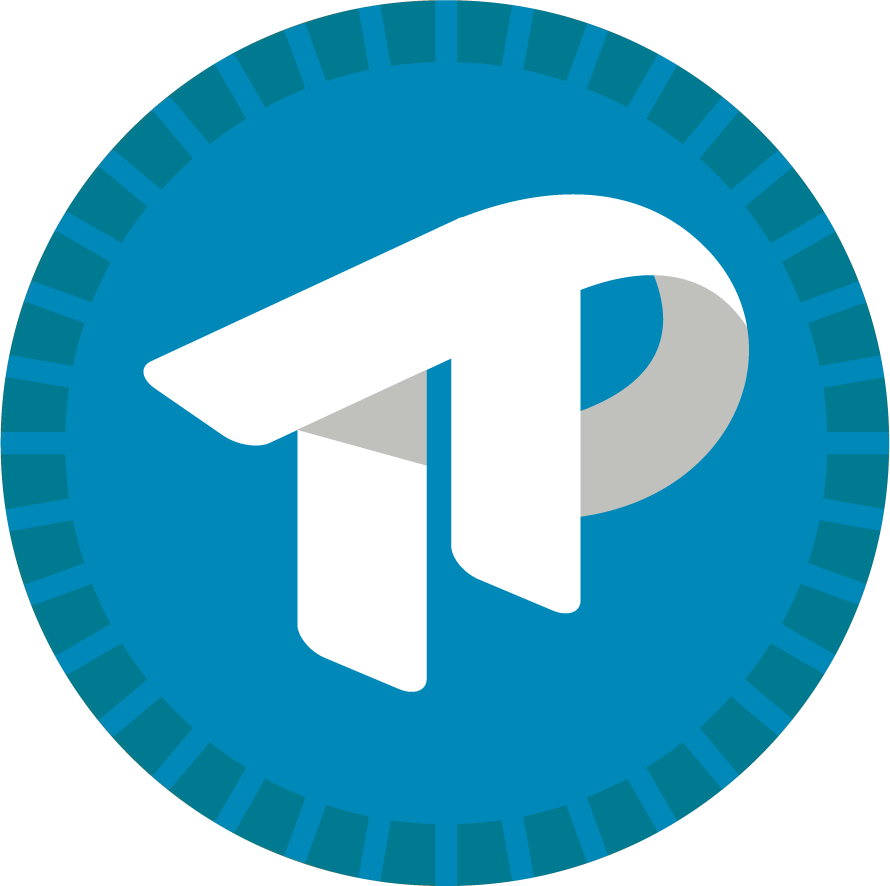

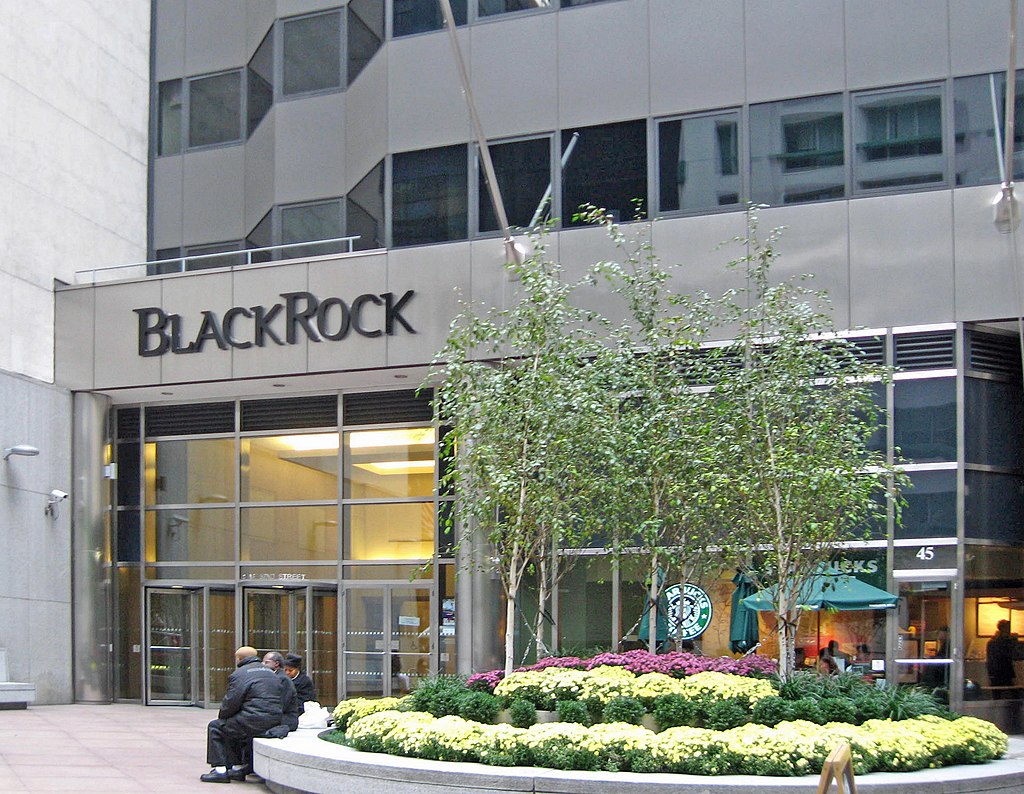
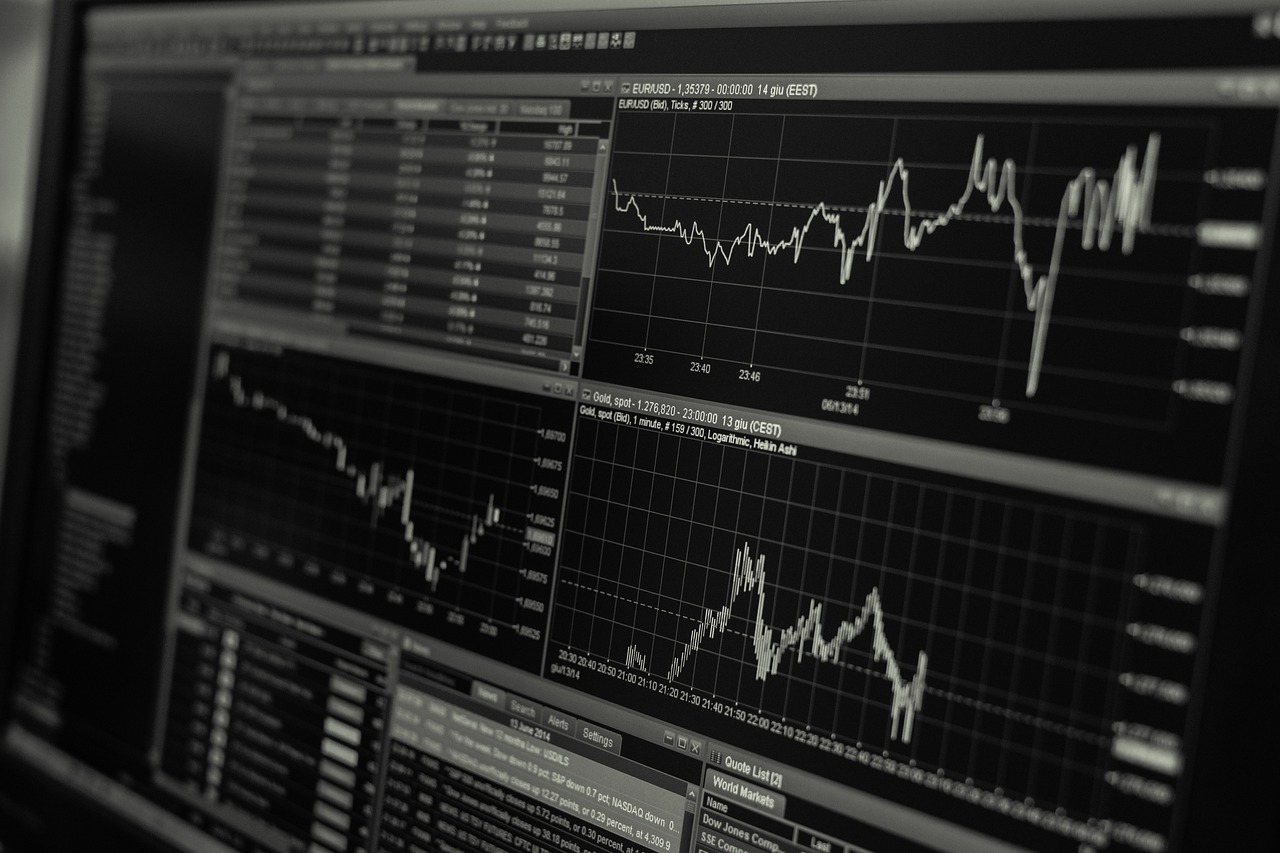


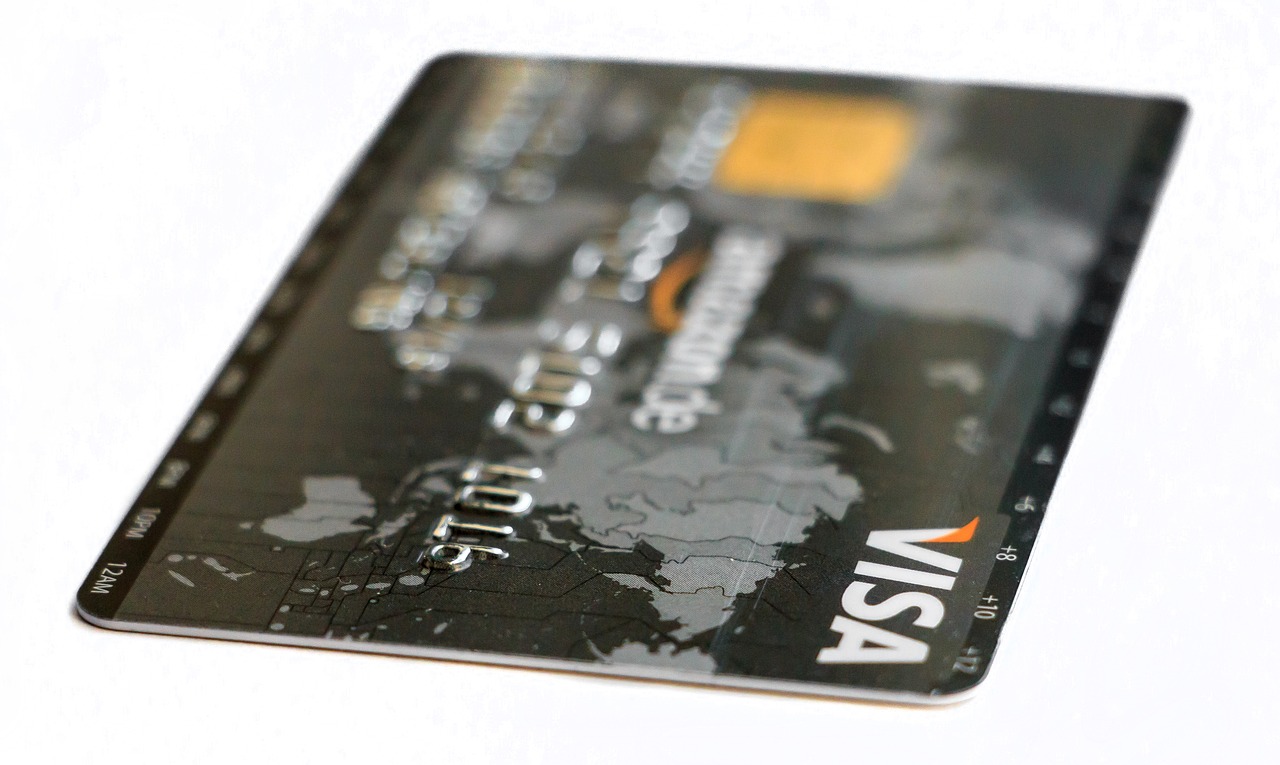

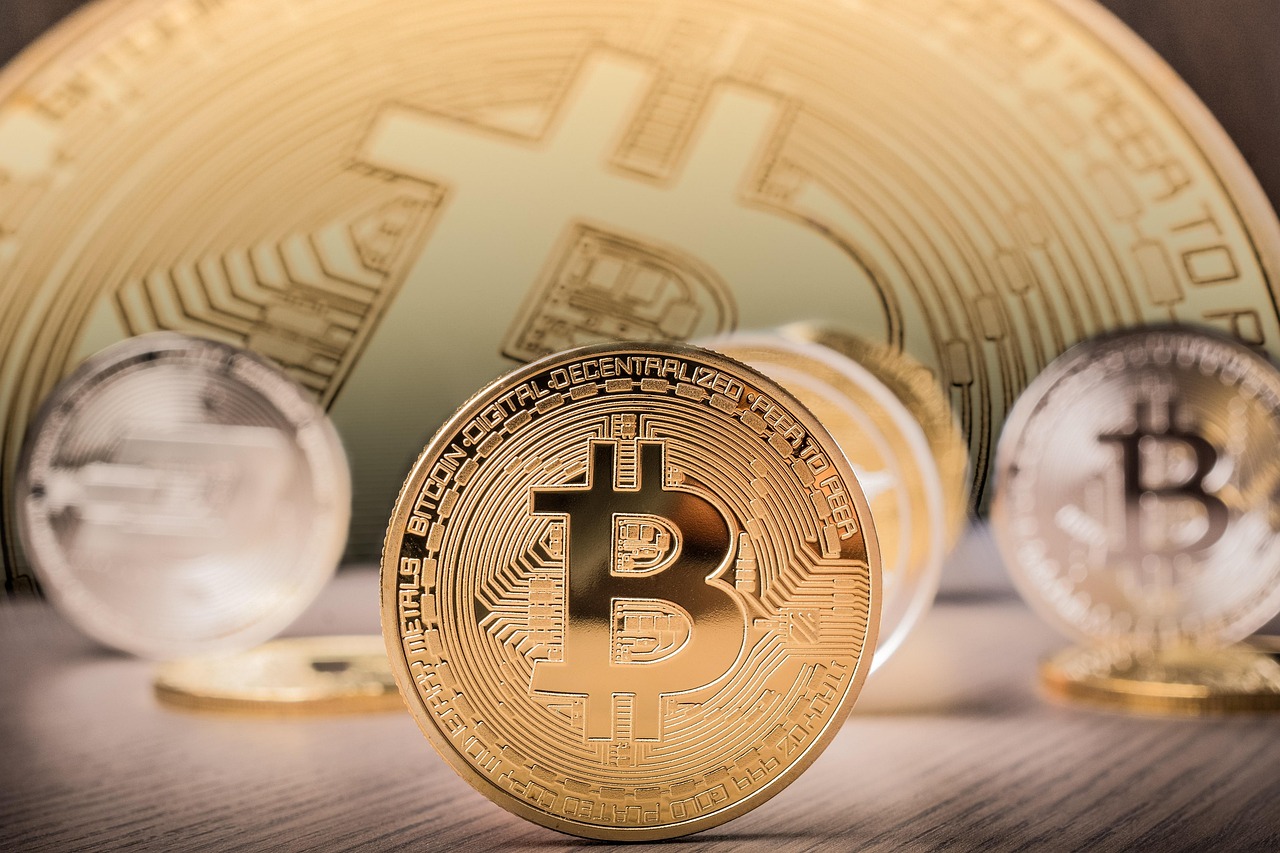
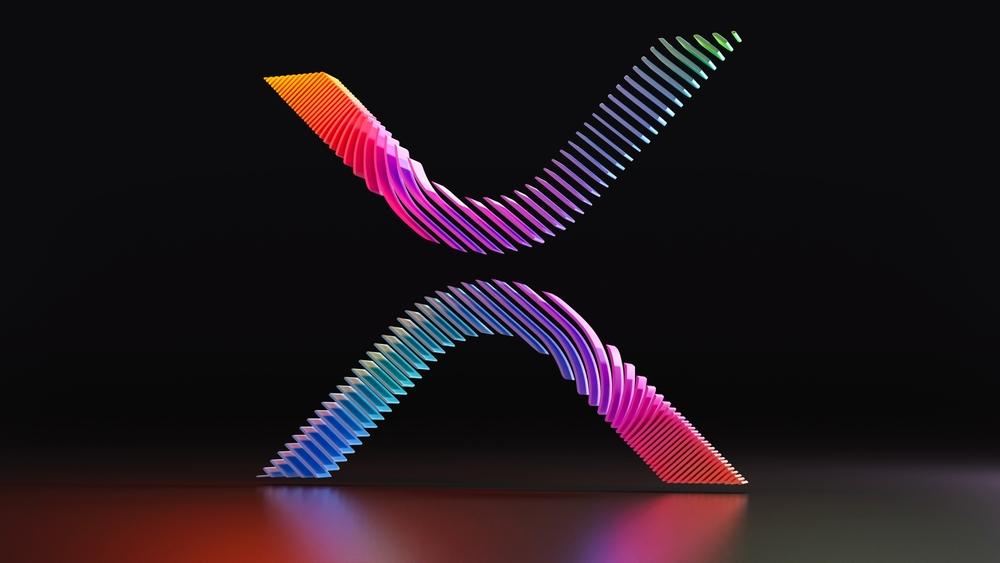


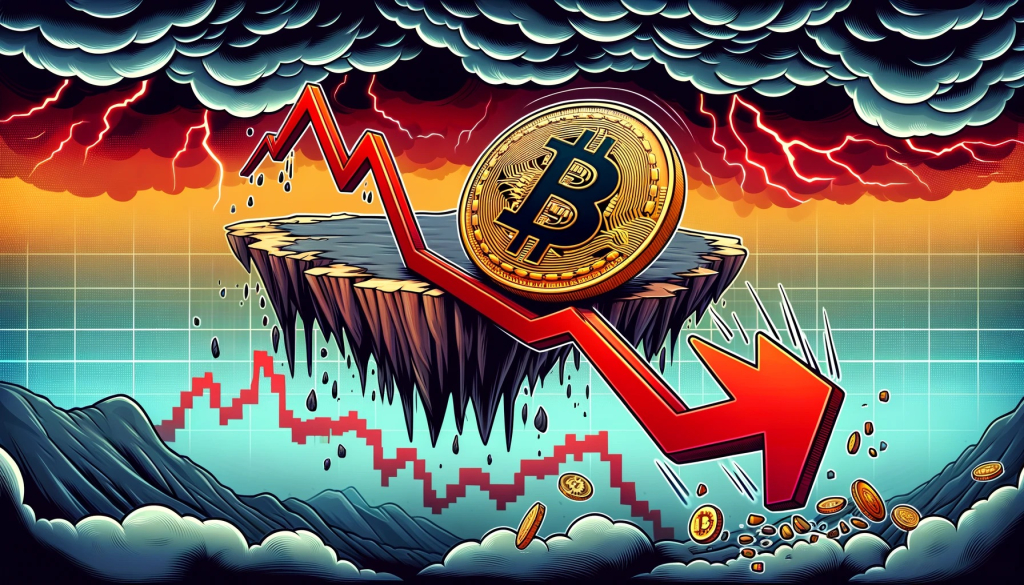
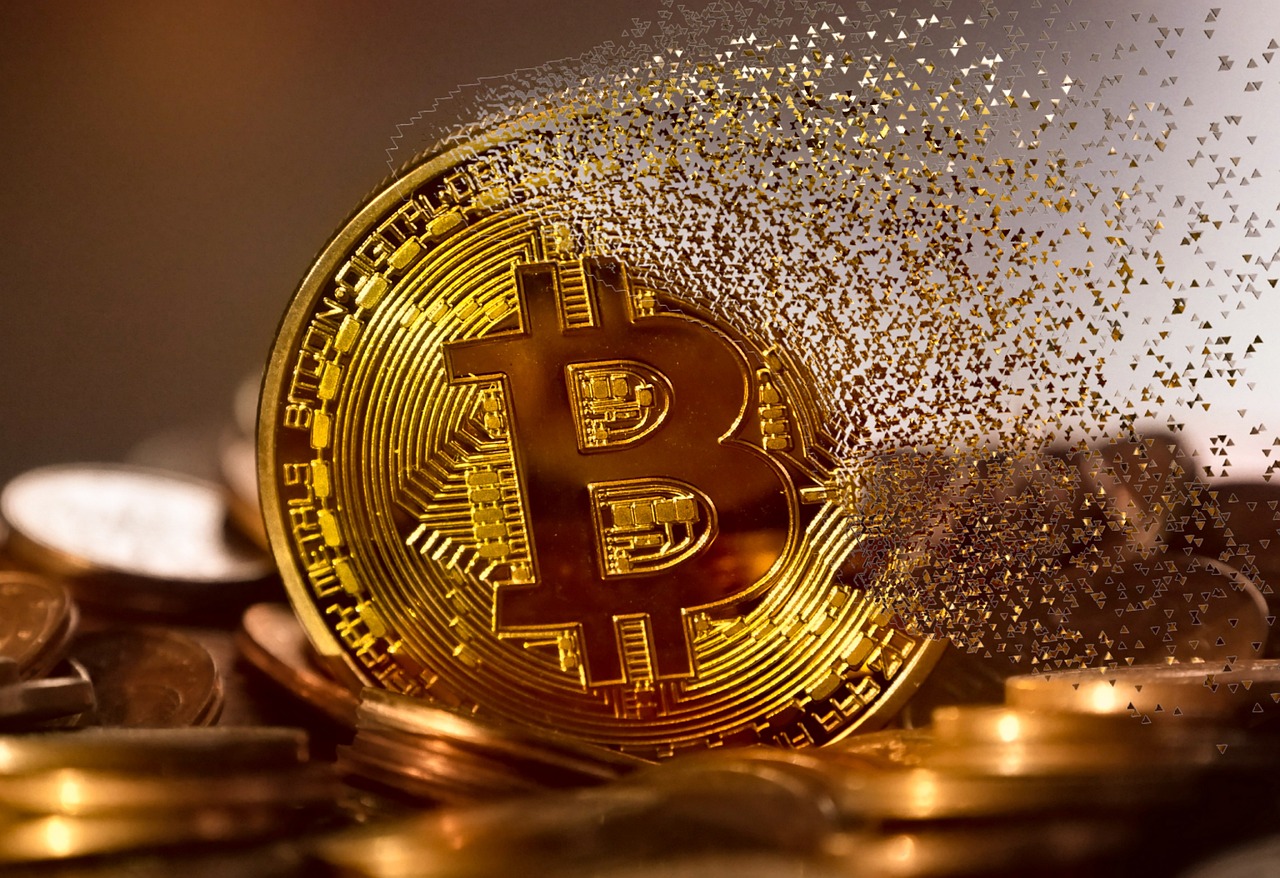

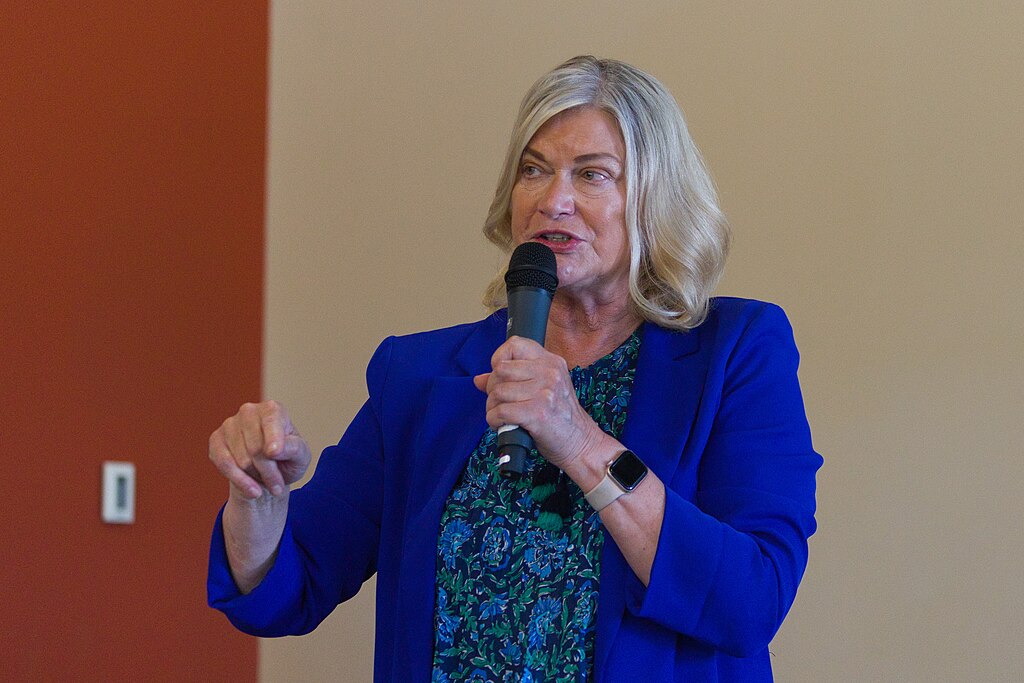

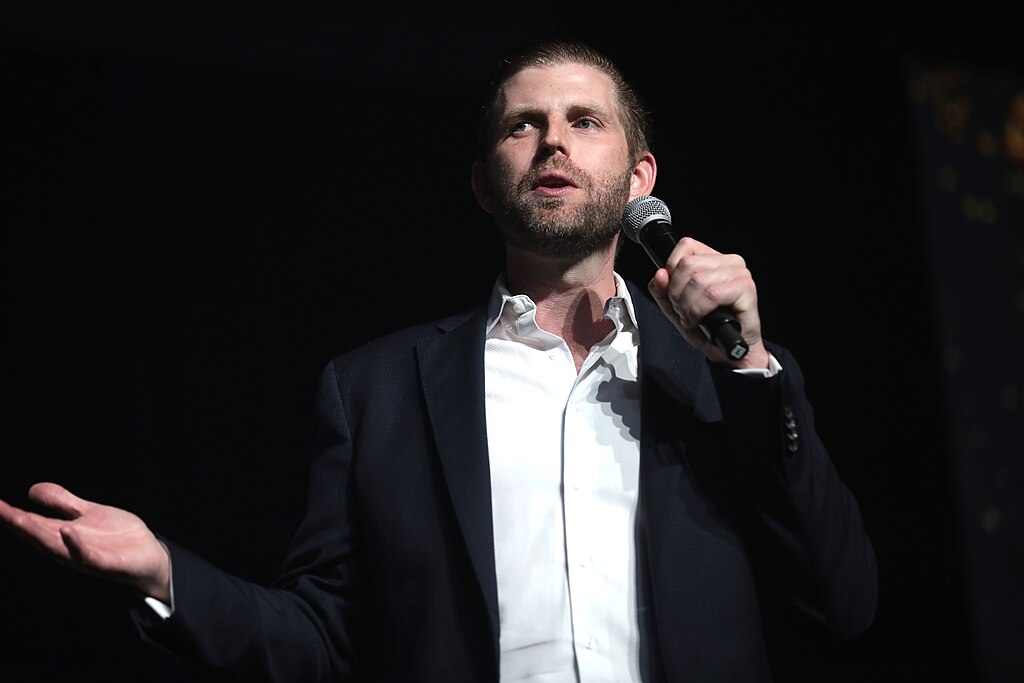
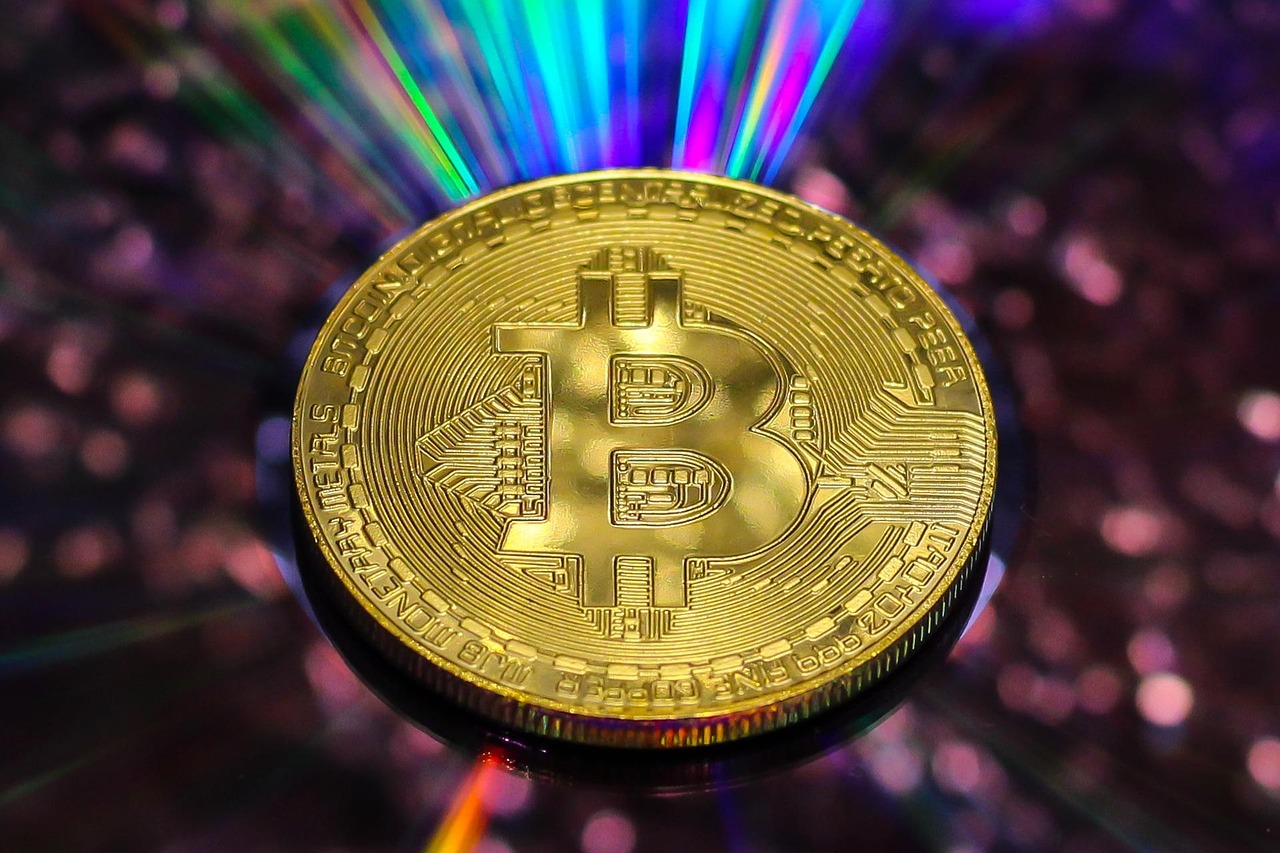


Comment 0